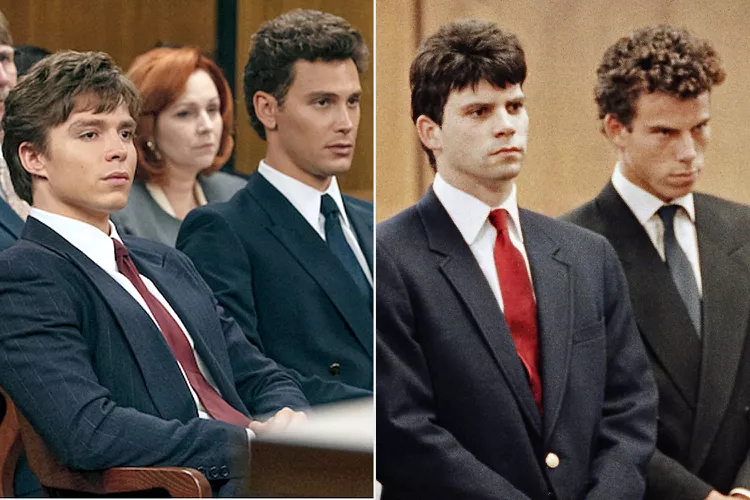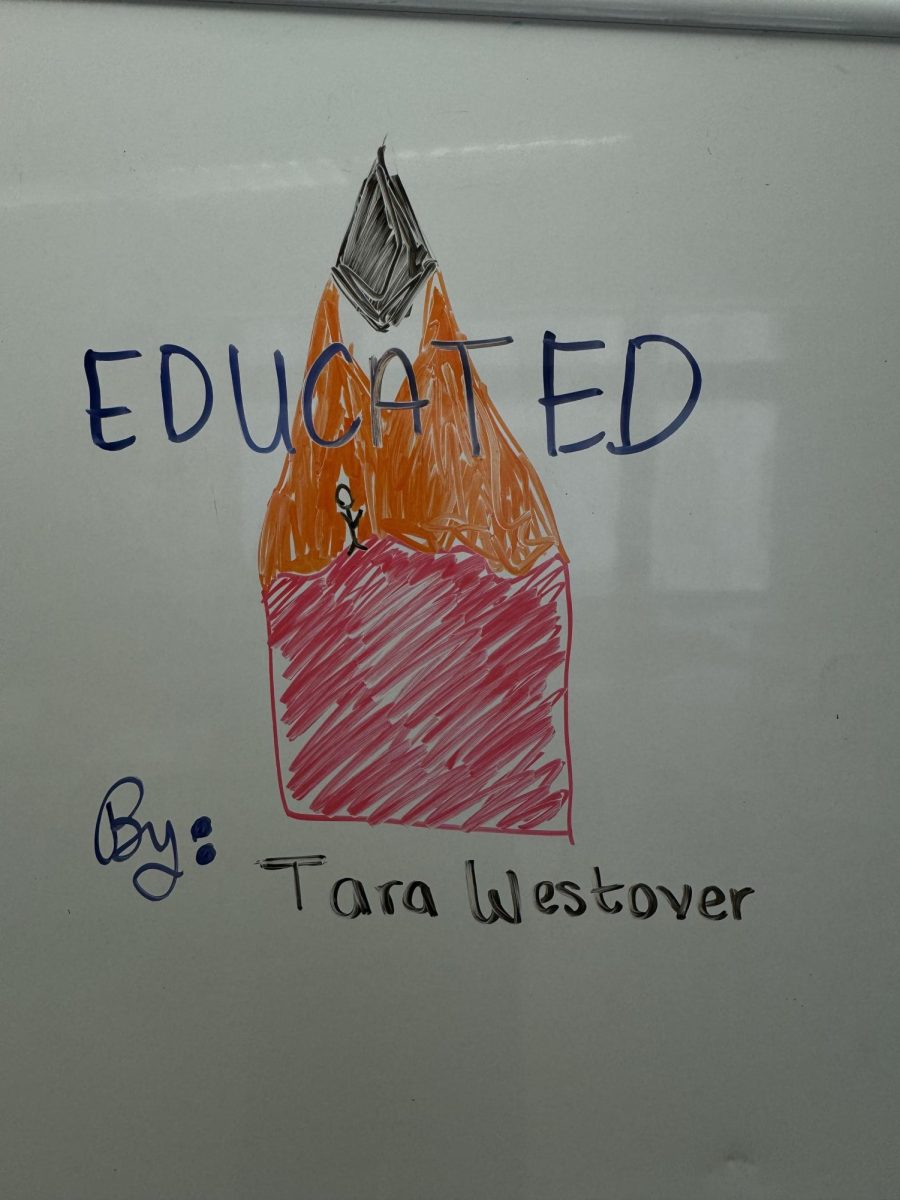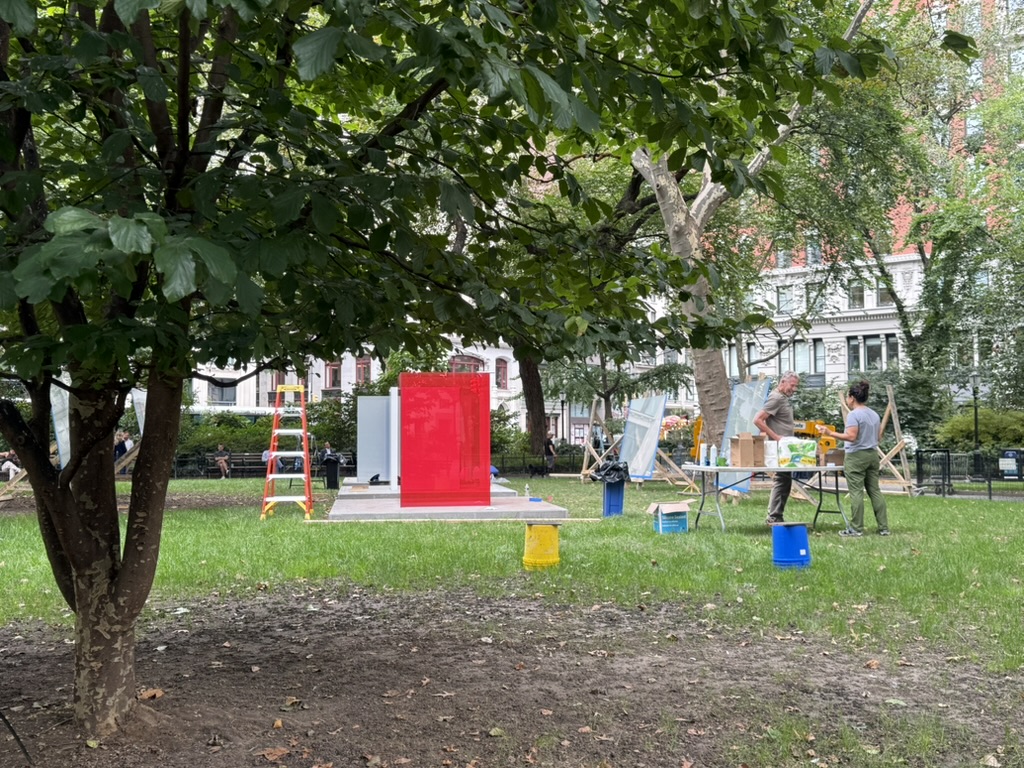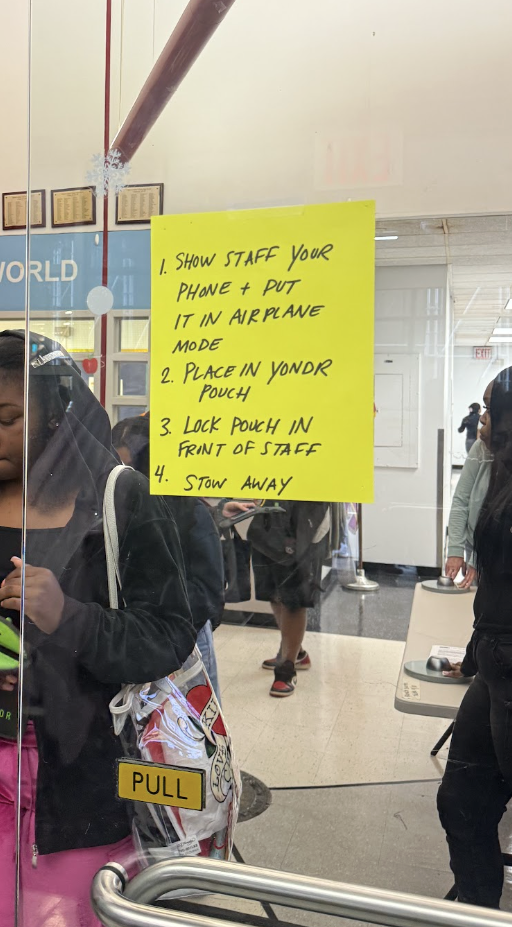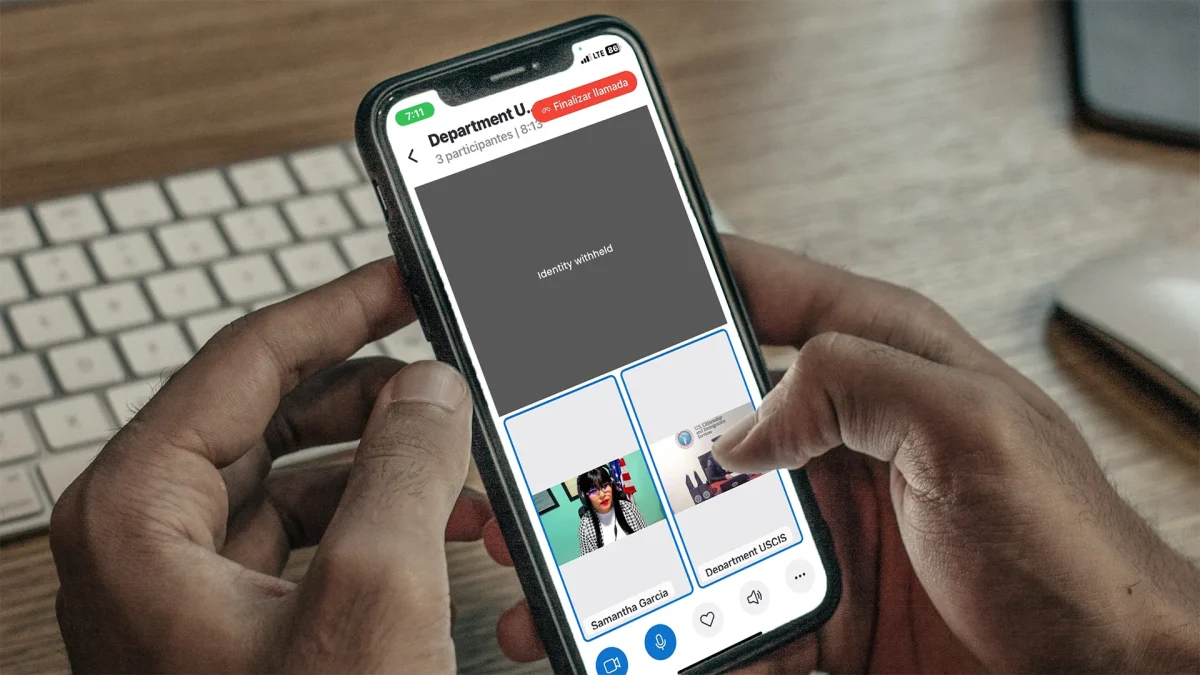The Netflix show, “Monsters: The Lyle and Erik Menendez Story”, opens with a scene of Lyle and Erik Menendez, played by Nicholas Chaves and Cooper Koch respectively, driving to a public event honoring their parents months after their death. Lyle is seen screaming at the limousine driver to play music while Erik is seen crying due to guilt we have yet to discover the meaning behind. Any viewer watching this show for the first time can only infer one idea from this opening scene: Lyle is a rich and snobby jerk, and Erik is his overly emotional sidekick.
There has been lots of controversy surrounding the Menendez brothers case ever since the initial trial to modern day. The media has been speculating with the idea whether the brothers are guilty and are rightly accused or were they just children who acted in self-defense after suffering years of abuse?
In 1996, the Menendez brothers, Erik and Lyle, were convicted of murdering their parents Jose and Kitty Menendez. While the case came to a close many years ago when the brothers were sentenced to life in prison, their story has recently come back to the attention of Netflix and social media consumers.
With the new releases of the Netflix limited series, “Monsters: The Lyle and Erik Menendez Story”, and the Netflix documentary, “The Menendez Brothers”, there has been a great deal of controversy about how the media is portraying their story. Discussions of how the media previously portrayed the case when it was ongoing has also been brought to light with the new releases.
As young high schoolers born decades after these events took place, it has been rather interesting to see how criminal cases like this are being illustrated for the newer generations and how dimes have become the symbol of Fall.
So, what is the difference between the two shows? How is this case being portrayed to the younger generations?
Source: https://people.com/erik-menendez-slams-ryan-murphy-new-monsters-series-8716430
Monsters the Lyle and Erik Menendez Story (Limited Series)
“Monsters: The Lyle and Erik Menendez Story”, released on Netflix on Sept. 19th 2024, was met with record breaking numbers, becoming the most watched series on Netflix for several weeks. Being released at what seems to be the peak of a true crime frenzy, the case has recently been brought to light showing the true intentions of the brothers whilst affecting the public’s view of seeing the brothers in a much more sympathetic lens.
The new series about the Menendez brothers’ life has brought conflicting opinions seen throughout many viewers. The show is supposed to portray why and how Erik and Lyle killed their parents, but the internet has been disgusted with the creator, Ryan Murphy’s, inaccuracy in portraying the brothers’ abuse and persona.
The show has many scenes representing Lyle’s aggressive and unforgiving demeanor. When watching it, Lyle’s demeanor was intimidating and made me feel uncomfortable. He is seen to be acting irrationally and constantly yelling at everyone, including children.
In many interviews, Murphy said he didn’t have interest in speaking with the brothers in real life, leading him to inaccurately portray their characters, especially Lyle. Lyle was portrayed as the basic “rich boy” stereotype. This leads to misconceptions of Lyles persona and can sway people’s opinions based on how he was perceived in the show.
Also in this interpretation, the brothers’ relationship seems to be sexualized. There are scenes of the brothers dancing together and kissing, turning the brothers into “sex symbols” for the viewer’s pleasure, rather than the accuracy of the brothers’ relationship. The sexualization of the brothers in the media is degrading to their life experiences as abuse victims. The brothers were conditioned to endure being sexualized from their father for the entirety of their childhood. Now the media is bringing back to light the dehumanizing abuse by objectifying the brothers once again and completely overlooking their character and backstories.
Another inaccurate representation of the brothers was Erik’s sexual identity. In the show, when Erik is asked if he’s attracted to men he doesn’t give a flat out yes or no because he seems to be conflicted, unsure if he’s genuinely attracted to men or if he’s confusing his feelings due to the sexual abuse he endured from his father. In the show, we see Erik taking a liking to a male prisoner; however, during a real interview, Erik clearly stated that he was not gay. Erik’s ability to recount the abuse from his father in detail led many to believe he was gay, yet that’s just another misconception of abuse victims. Regardless of Erik’s sexual identity, the storyline caused unnecessary drama and interfered with the purpose of the show to showcase why the brothers killed their parents.
The Menendez Brothers: Documentary
I remember sitting on my couch watching the documentary for the first time, feeling eerie and uncomfortable as I heard Erik and Lyle telling their traumatic childhood stories. When the end credits began rolling, I grabbed my phone and began scrolling on Tiktok. I kept viewing videos of people talking about how attractive the actors from Monsters were, and how social media had a new celebrity crush this month. Strange, to see the vast contrast in the messages that came out of the two pieces.
The Menendez Brothers documentary, even if unintentionally, interrogates how the media shapes our idea of truth and how society latches on to dramatic details if they can answer murky questions.
The documentary is told through various interviews and clips from the court trial. As well as this, it includes recent interviews with the brothers in prison, recalling their side of the story. This format allows for viewers to get a deeper look into the brothers perspective, something that was severely lacking in the limited series.
One scene that really stood out to me was a montage of various clips from tv, news, and late night shows during the time of this event. It highlights the way society made fun of the whole case and shows how nobody publicly supported the brothers.
“These two arrogant brothers are gonna fry. I won’t buy it, please.”
“They made a Menendez sitcom.”
“The defense used psychological manipulation of the jurors by putting nice looking, wealthy young men in sweaters crying on the stand.”
(Real quotes from media sources during the time, used in the documentary).
One thing this documentary does extremely well is portraying how influential the media was during this time. Everywhere you looked, there were people laughing at the brothers’ trauma and openly bashing them, as demonstrated in the quotes above. The documentary showcased how people’s opinions on this case stems from the media they consumed.
Looking into this case and the media surrounding it, the #MeToo movement comes to mind. #MeToo is a movement that sky rocketed in 2017, made to spread awareness on sexual assault and sexual violence. This movement could have been a catalyst that inspired a change in people’s opinions surrounding the Menendez brothers’ case. As society became more educated on the sexual assault stories of not only women, but men as well, the claim that the brothers could have been lying about their abuse became less persuasive.
The forensics class at BCCHS has been discussing the impact media has on crime. When asked about the influence media has on crime, Baruch’s forensics teacher, Angela Oldenburg, explained the double edged sword that comes with the rise of true crime media. She said, “A major impact includes the sensationalization and glamorization of crime and the forensic investigation process overall (the CSI effect). Such influence can impact jury bias and standards during a trial and policy in general. Though, media (i.e. podcasts, true crime shows and even TikTok) has brought more awareness to cases that may warrant a reconsideration.”
The work of Ryan Murphy romanticized the brothers and their case. However, both pieces of media brought attention back to the Menendez brother case in 2024, leading to a reevaluation of their sentencing.
While both the series and documentary lack critical details to this story, the documentary provides a more raw and factual telling of the situation. Despite their differences, one lesson became extremely apparent to me: our beliefs lie in the hands of the media we consume. When we turn into believers of these media-produced ideas, we also take on the role of messengers to share and create drama in our world.


